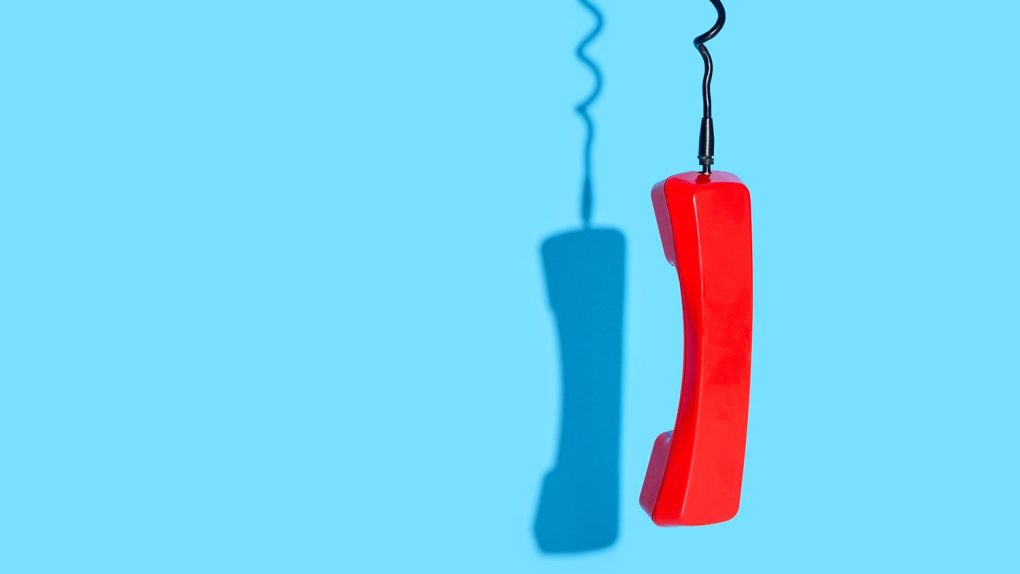The fight against the barrage of spam calls and robocalls continues to pick up steam, as a pair of rival carriers announced today that they’re beginning to work more closely together to try and put a stop to the madness.
Both companies on Wednesday announced they’ll begin verifying calls made across both of their networks so that customers can be assured calls they receive are coming from an actual human being. Or rather, given the nature of some of these calls, a human being they’d actually want to hear from.
They’ll do this by utilizing the mobile industry’s SHAKEN/STIR protocol to authenticate calls made on a variety of devices across each network. That protocol works to verify calls using digital certificates that determine where a call is coming from, with legitimate calls being displayed to T-Mobile customers with the Caller ID label “Caller Verified.”
“Robocalls and spam calls are an industry-wide problem, and we’ve got to join forces to keep consumers protected,” said T-Mobile CEO John Legere as part of today’s announcement. “Today, we’re the first to cross industry lines to do just that. We were first to announce readiness, first to implement Caller Verified, and now first to authenticate calls across networks, with Comcast. T-Mobile continues to remain on the frontlines in the battle against unwanted calls, and we won’t stop.”
This is especially welcome news, considering that Americans got hit with a wave of some 26 billion robocalls in 2018, according to a Washington Post report. Devices that will get this capability in the early days of the T-Mobile-Comcast partnership include the LG G8 ThinQ, the Samsung Galaxy Note 8 and Note 9, the Galaxy S8, S8 Plus, S9, S9 Plus, S10, S10E, and S10 Plus.
The “Caller Verified” message will start showing up for Comcast customers at an as-yet undefined point later this year.
This comes in the wake of AT&T announcing its own SHAKEN/STIR collaboration with Comcast in March, though the call verification between their networks has reportedly not gotten under way yet. Meanwhile, T-Mobile is likely going to announce additional partnerships with other carriers like Verizon in the coming months.
“Our engineers played a key role in developing this technology for the entire industry, and we are happy to work with T-Mobile to deliver another first in the fight against fraudulent robocalls,” said Comcast Cable senior vice president Eric Schaefer. “In the coming weeks, we’ll be exchanging authenticated calls with more providers across the industry as we come together to tackle this problem.”








